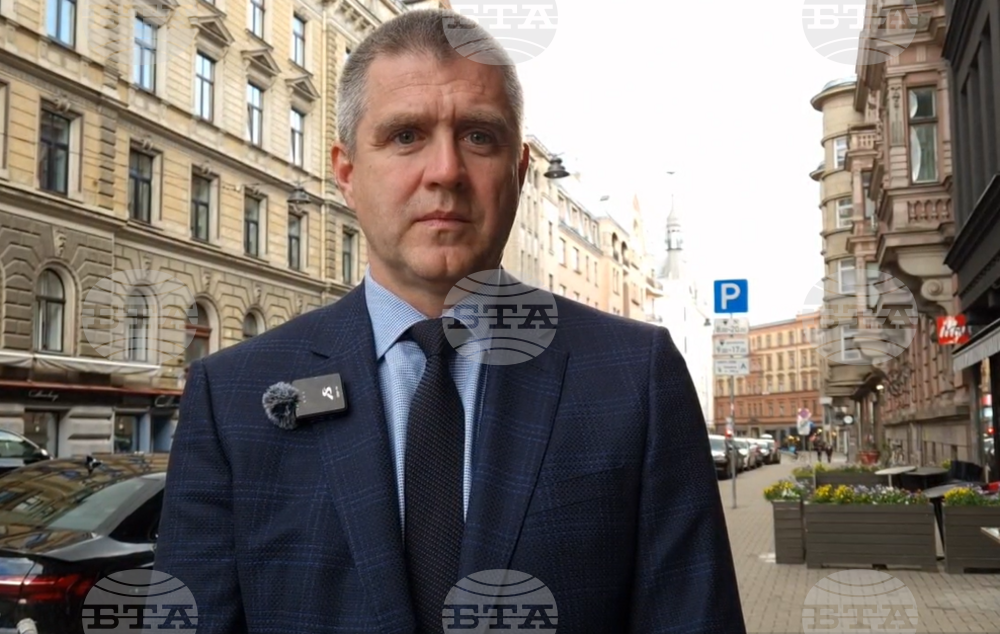site.btaLatvia Party Leaders Gained Votes in EP Elections Thanks to Their Own Personalities, Not Campaigns


The party leaders in Latvia gained votes in the European elections due to their own personalities, not due to the campaigns held, according to one of the country's leading political experts, Filips Rajevskis. He spoke to BTA after his country voted for European Parliament on June 8.
New Unity won the EP elections in Latvia with 25.07% of the voters' support, followed by National Alliance with 22.08%, For Latvian Development with 9.36%, United List (8.18%), Progressives (7.42%), Harmony (7.14%), and Latvia First (6.16%).
“I think that, regarding the political situation at the moment, which has influenced the European elections, there is a governmental crisis. The result of this crisis, which we have witnessed for a couple of months now, leads to a lack of support in Parliament. And this has much influence right now”, Rajevskis told BTA.
"You know, the internal polls reflected the European Parliament elections. If we look at the candidates’ statements during their election campaign, we will see that they were talking much about the internal political agenda and not about the European agenda”, he pointed out.
“If we compare the results we expected of this election in the context of previous ones, we will see that there is one group by political parties with certain leaders who have already been in the European Parliament and for whom the people are used to voting”, Rajevskis said.
According to him, four out of the nine front-runners have the unique capability of achieving results due to heir personality, and not because of the campaign they held.
He added, that the slight decline in the popularity of New Unity in the pre-election polls was due to the governmental crisis, which benefited the opposition National Alliance.
“They cannot be defined as nationalists, as far as their leader Roberts Zile is more of a centrist politician”, the Latvian political scientist concluded.
/MY/
Additional
news.modal.image.header
news.modal.image.text
news.modal.download.header
news.modal.download.text
news.modal.header
news.modal.text
